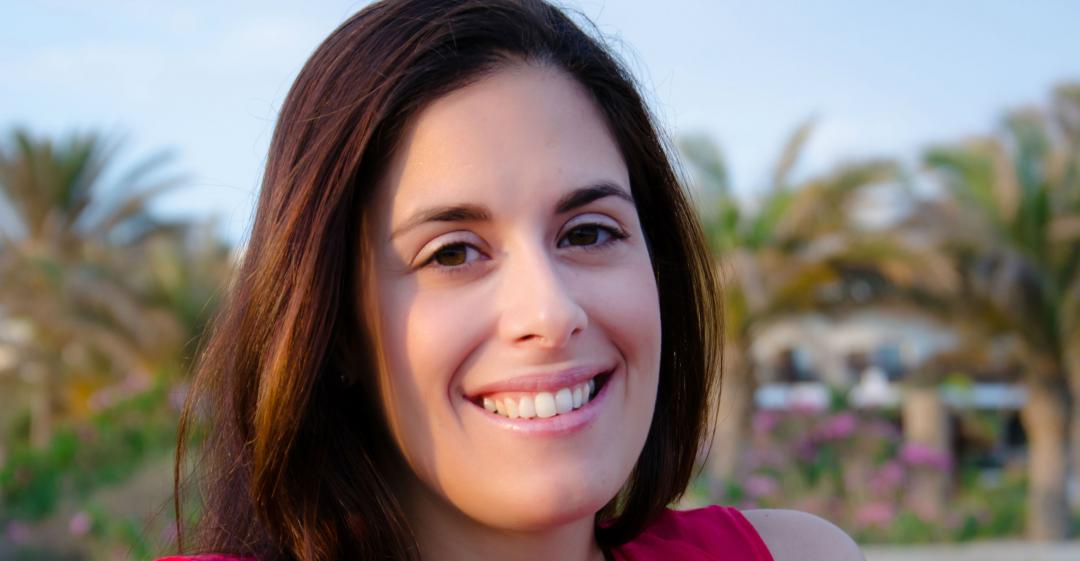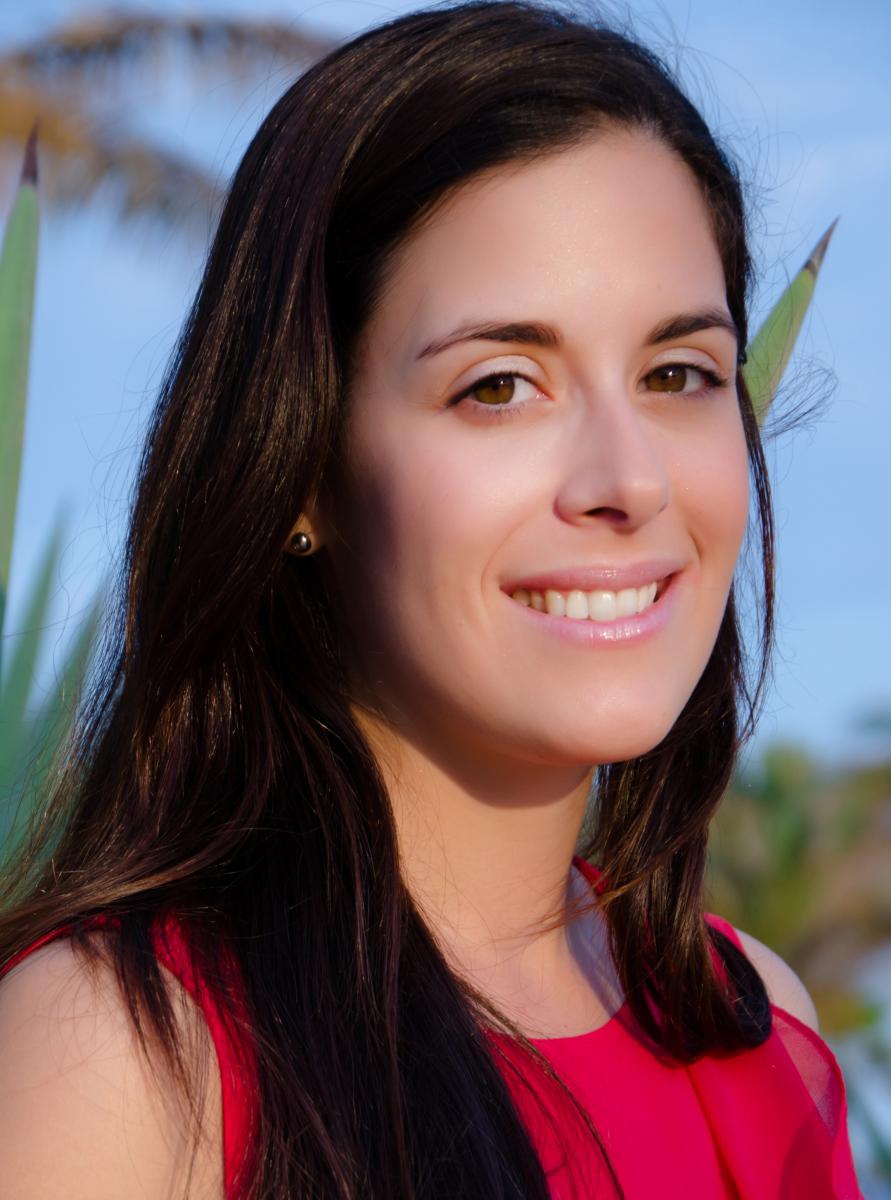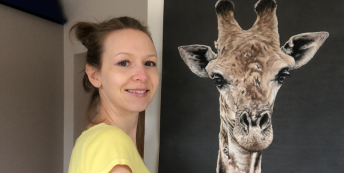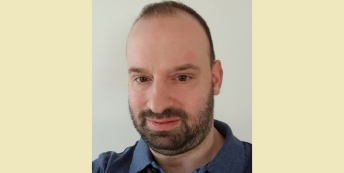“I felt trapped in a life which was destroying me; little by little, my entire world was collapsing."

What work were you doing previously?
I worked in Chemical Engineering Research.
What are you doing now?
Now, I work as an English language teacher.
Why did you change?
The first reason was very obvious: I didn't like research.
I have a degree in Chemical Engineering and began working in research before finishing university. I realised then that I didn't like working in that area. Unfortunately, there were not a lot of opportunities for Chemical Engineers and research seemed to be the best job option.
I ended up working in the field of solar energy use in a very important research centre at the same time I was training to get my PhD. I kept trying to find some peace of mind by reminding myself that it was going to be temporary.
After having worked in a major institution for a while, I realised that the way research was performed, and the values behind it, didn't suit me at all. I decided to contact some old university friends who worked in the industry sector; I realised from talking to them that things weren't all that different in what I considered to be 'the perfect job for me'. I started to feel that, perhaps, I didn't want to work as an Engineer at all.
At the same time, I was very afraid to make the move and take the risk of leaving familiar territory.
When was the moment you decided to make the change?
I'd been suffering from depression and anxiety for several months.
I felt trapped in a life which was destroying me; little by little, my entire world was collapsing.
One day, on my way to work, a car almost ran me over. At that moment, I realised that, if something really serious had happened to me, I would have deeply regretted the last years of my life because I'd wasted them in a job that frustrated me.
I started working with a coach because I needed help to set things straight in my mind. This began an important phase of personal expansion and development.
Are you happy with the change?
Absolutely!
Every day, I congratulate myself for the decision I made and I thank life for giving me the strength to accept such a challenge.
What do you miss and what don't you miss?
There's nothing I miss about it.
I was in a place I didn't like, performing an activity I didn't enjoy. I didn't recognise myself because I was adapting to the situation by pretending to be someone I just wasn't.
I was surviving, but I wasn't 'living' my life.
How did you go about making the shift?
The first step was seeking professional counselling.
Once my ideas and my mind became clearer, I started saving money and doing some research on what to do next. Afterwards, I gathered the will power, and the courage, to submit my resignation.
Then life blessed me by opening a new door for me: my former English teacher, a very good friend of mine, offered me a position as an English teacher in his school. Funnily enough, it's the same school where I achieved my bilingual certification.
What didn't go well? What 'wrong turns' did you take?
The hardest part was having two jobs at the same time. I began my job in the school before I left my job in the research centre, during my notice period.
How did you handle your finances to make your change possible?
Fortunately, I got a new job quickly, so, financially speaking, I didn't face any real difficulties.
My initial plan was to use my savings as a lifeline until I could find a way to earn money.
What was the most difficult thing about changing?
I panicked because of the change and uncertainty about my future.
Mainly, I was afraid of making the wrong decision and losing the opportunity to go back to the 'known' path if I failed. And I was terribly afraid to let my parents down; they had high expectations of me.
What help did you get? 
My husband has been my greatest support.
He's been there through all my ups and downs, providing encouragement and balance during the difficult times. I don't think I could have done this without him.
What have you learnt in the process?
I've learnt that, too often, we forget that we have one life – this life. We have to design it to meet our true needs. I never believed in this before but now I do: if I listen to my heart and follow it, life rewards me with happiness.
Life isn't about having a well-paid job and a luxury lifestyle at the expense of not being able to enjoy what is truly important. Life is about living the adventure of being who I really am. Doing what I really love – that's the key to success and a meaningful existence.
I've also learnt that change is part of life; it's the only way towards personal growth. Refuse change, and the soul begins to shrink and die.
What do you wish you'd done differently?
I wish I'd done this sooner.
If only I'd had the courage to face my fears sooner, I wouldn't have missed so many life experiences, and I would have made my dreams come true earlier.
What would you advise others to do in the same situation?
Just do it.
Change! Live your life before it's too late. You won't regret it. Of course, don't forget to have your support lifelines in place, whatever they may be to you.
Trust in life and trust the people who love you. Ask for help if you need it, and surround yourself with inspiring people.
Finally, and most importantly – believe in yourself, and in your potential.
What lessons could you take from Estefania's story to use in your own career change? Let us know in the comments below.



